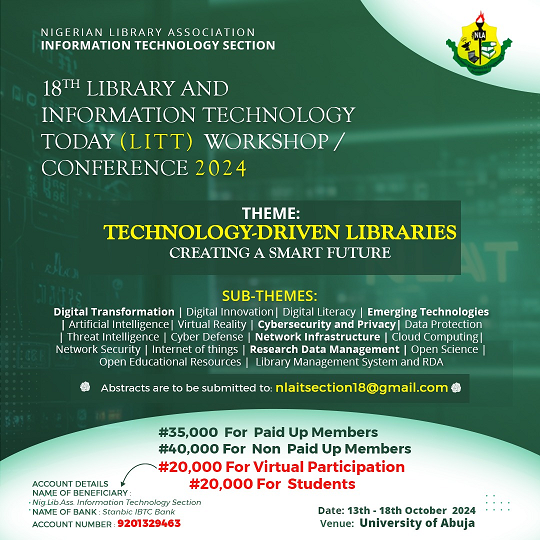Applications and Limitations of Artificial Intelligence in Education (AIED) in the Post-Pandemic Era:AReview
Keywords:
Artificial Intelligence (AI), Artificial Intelligence in Education (AIED), postpandemic eraAbstract
This review explores Artificial Intelligence's (AI) transformative impact on education, particularly after the COVID-19 pandemic. AI has revolutionized the traditional educational ecosystem, providing personalized learning experiences, streamlining administrative tasks, and enhancing instructional methods. The pandemic accelerated the adoption of AI technologies, with tools like Google Classroom becoming essential for remote learning. AIED applications are classified into learner-centered, teacher-centered, and institutional system-centered categories, each contributing to improved educational outcomes. However, the emergency of AIED also presents challenges such as ethical concerns, data security, and the need for robust teacher training. The review identifies four key research questions addressing the applications, student engagement, supportive roles to teachers, and limitations of AIED in the post-pandemic era. Despite its limitations, the review concludes that AIED holds significant benefits in enhancing education through responsible and equitable implementation, recommending comprehensive teacher training, ethical standards, and equitable access to AI tools to mitigate challenges and maximize benefits.







